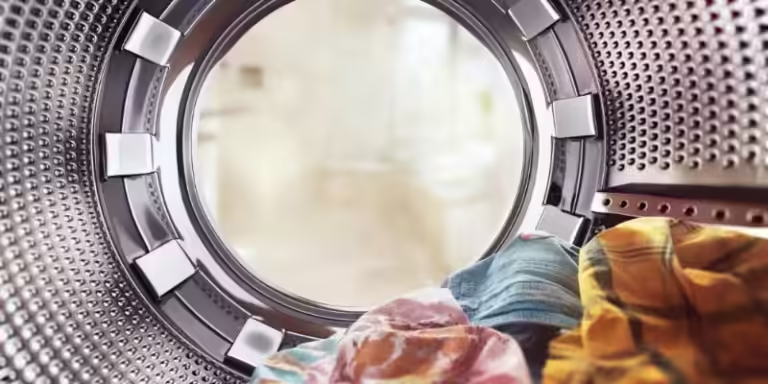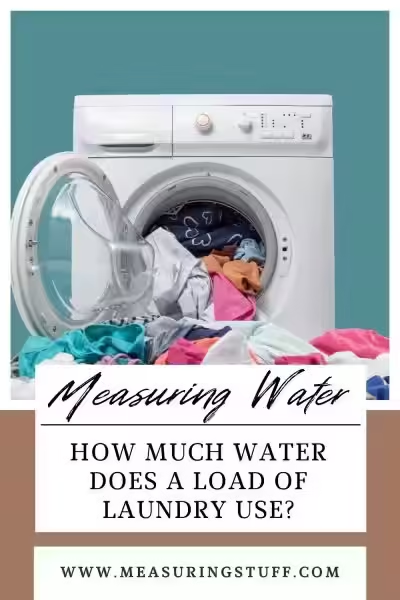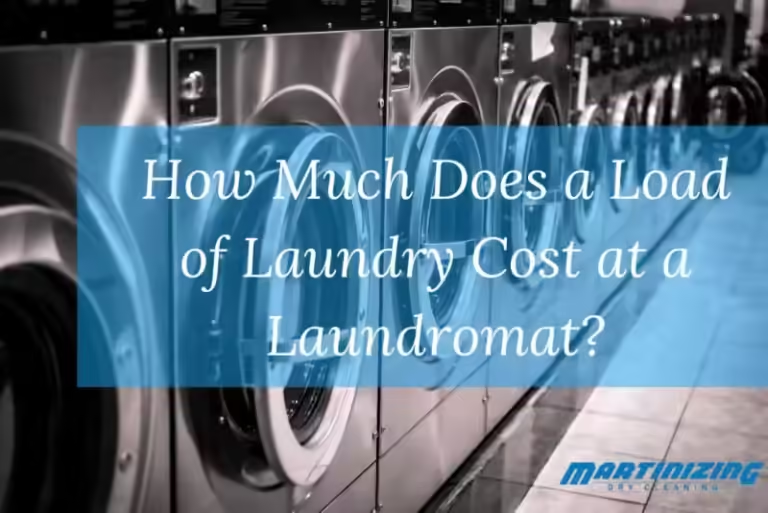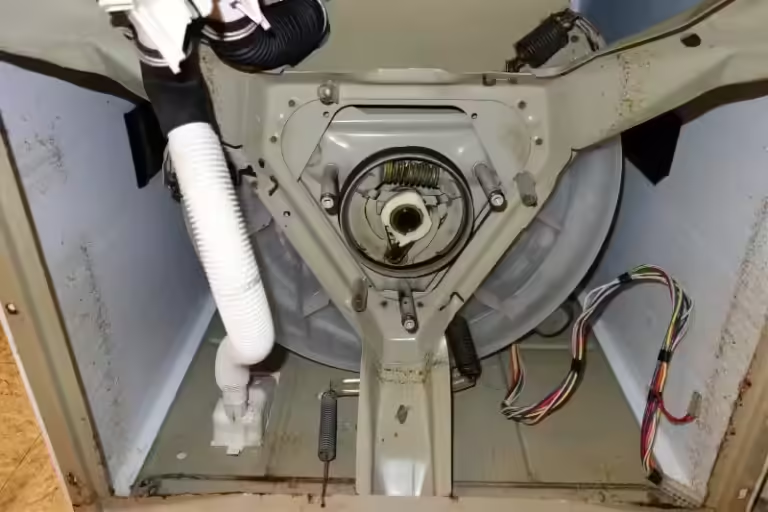Do Washing Machines Use a Lot of Electricity?
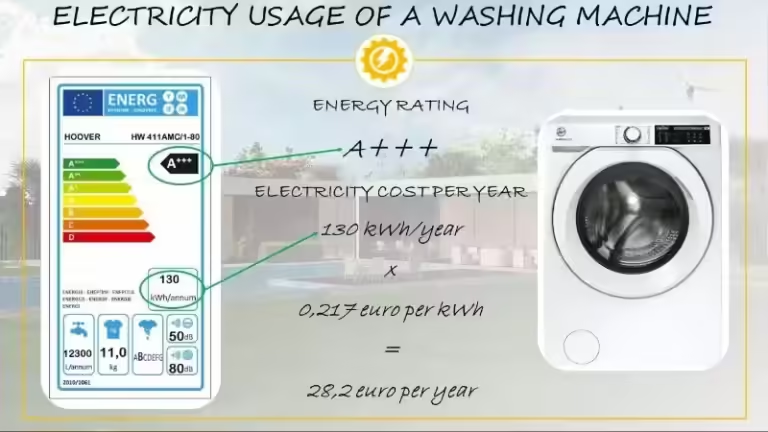
We all rely on our washing machines to keep our clothes clean, but have you ever stopped to think about how much energy they use? The answer might surprise you. While a single load of laundry might seem like a small energy expenditure, the cumulative effect of multiple washes per week can add up significantly to your electricity bill. Understanding how much electricity your washing machine consumes and adopting energy-saving habits can make a big difference in your home's energy footprint and your wallet.
Understanding Washing Machine Energy Consumption
Washing machines, despite their seemingly simple operation, are surprisingly energy-hungry appliances. On average, a washing machine consumes between 400 and 1,400 watts per hour, depending on the model and the cycle type. A typical washing cycle lasts around 30 to 45 minutes, meaning a single load can consume anywhere from 200 to 1,050 watts of electricity.
To put this into perspective, the cost of running a washing machine can range from $0.11 per cycle in states with lower electricity rates like Pennsylvania to $0.25 per cycle in states like New York. This might not seem like a lot, but consider that many households wash clothes multiple times per week. The combined cost of those washes can add up quickly to a substantial portion of your electricity bill.
Factors Affecting Washing Machine Electricity Consumption
Several factors influence how much electricity your washing machine uses. Here are some key considerations:
Water Temperature
Heating water consumes a significant portion of the energy used by a washing machine. Choosing a cold water wash whenever possible can significantly reduce your electricity consumption. While cold water washes might seem less effective, modern detergents are formulated to clean effectively even in cold water.
Load Size
Running a washing machine with a full load is more efficient than running multiple small loads. Partially filled machines use the same amount of water and energy as a full load, making it less energy-efficient. Make a conscious effort to wait until you have a full load before running your washing machine.
Washing Machine Model
Newer washing machine models, especially those with an Energy Star rating, are designed to be more energy-efficient than older models. If you're in the market for a new washing machine, consider choosing an Energy Star model to save money and reduce your environmental impact.
Tips for Reducing Washing Machine Energy Consumption
Here are some practical tips to reduce the amount of electricity your washing machine uses:
- Choose cold water washes whenever possible.
- Run full loads to maximize efficiency.
- Consider purchasing an Energy Star-rated washing machine.
- Avoid using the "extra rinse" option unless absolutely necessary.
- Clean your washing machine regularly to prevent buildup that can affect efficiency.
While a single load of laundry might not seem like a significant energy consumer, the cumulative impact of washing clothes frequently can add up to a substantial portion of your electricity bill. By understanding the factors that influence washing machine energy consumption and adopting simple energy-saving habits, you can reduce your electricity usage, save money, and contribute to a more sustainable lifestyle. Remember, every little effort contributes to a larger impact on the environment and our planet.
Frequently Asked Questions about Washing Machine Electricity Use
How much electricity does a washing machine use?
The average washing machine uses between 400 and 1,400 watts per hour. A typical cycle lasts 30 to 45 minutes, meaning a single load uses roughly 200 to 1,050 watts. The cost per cycle varies depending on your location and electricity rates, but it can range from $0.11 to $0.25.
Do washing machines use a lot of electricity compared to other appliances?
While washing machines do use a significant amount of electricity, they typically consume less energy than dryers. Dryers can use up to 3,000 watts per cycle, making them much more energy-intensive.
What factors affect washing machine electricity consumption?
The amount of electricity your washing machine uses depends on several factors, including:
- Water temperature: Hot water washes require more energy than cold water washes.
- Load size: Running a full load is more efficient than running a partially filled machine.
- Washing machine model: Newer, Energy Star-rated models are designed to use less energy than older models.
- Cycle type: Longer or more intensive cycles consume more electricity.
How can I reduce the amount of electricity my washing machine uses?
Here are some tips to save energy when washing clothes:
- Use cold water: Most clothes can be washed effectively in cold water, saving significant energy.
- Run full loads: Avoid running partially filled machines to maximize efficiency.
- Choose an Energy Star-rated washing machine: These models are designed for energy efficiency.
- Consider air-drying your clothes: When possible, air-drying your clothes is a completely energy-free option.

